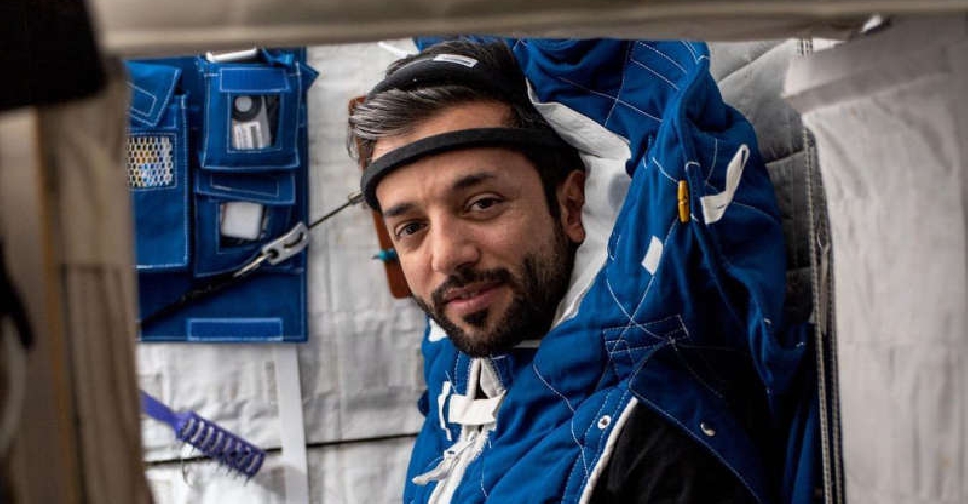
Astronaut Sultan Al Neyadi has successfully completed the Dreams experiment, providing key insights to assist in developing cognitive therapies to improve sleep quality and overall health during extended space missions.
The experiment, a pivotal achievement in sleep science and space research, was conducted by the Mohammed Bin Rashid Space Centre (MBRSC), in collaboration with the European Space Agency (ESA), French space agency CNES, and Toulouse University Hospital.
The Dreams experiment employs the innovative DRY EEG system to investigate the sleep patterns of astronauts in a microgravity environment on the ISS.
The impact of space travel on the circadian rhythms of astronauts is a crucial area of investigation for the Dreams experiment.
The unique conditions aboard the ISS, where astronauts witness 16 sunrises and sunsets each day, disrupt the natural day-night cycle, significantly affecting sleep patterns.
Al Neyadi wore a specially designed sleep headband equipped with an electroencephalogram sensor. This device captures a range of sleep-related data, such as sleep cycle durations and heart rate variations.
Reflecting on the experiment, Adnan Al Rais, Mission Manager, UAE Astronaut Programme, said the project "symbolises a crucial step forward in our understanding of the human body's adaptability in space.
"The knowledge we gain here is instrumental to the success of future long-duration space missions, including trips to the Moon and Mars. We are incredibly proud of the contributions made by the UAE towards the international space community.”
Sébastien Barde, Associate Director for Exploration and Human Spaceflight (CNES) added the significance of international cooperation on the ISS.
“For ESA astronaut Thomas Pesquet's Alpha mission, the Dream experiment was developed and monitored as part of the French contribution. CNES is delighted that this experiment is being continued with astronaut Sultan AlNeyadi. Science knows no frontiers, as this example clearly illustrates.”
The outcomes of this experiment will add to the collection of hypnic and neuroscience data on the ISS, which will be studied by the scientific community. The experiment exemplifies MBRSC's commitment to advancing the understanding of the challenges and complexities of human space exploration.
.@MBRSpaceCentre announced the successful execution of the Dreams experiment by @Astro_Alneyadi on the International Space Station. The experiment, a pivotal achievement in sleep science and space research, was conducted in collaboration with @esa, @CNES & Toulouse University… pic.twitter.com/HWvcLpRGMX
— Dubai Media Office (@DXBMediaOffice) July 16, 2023




 Dubai Police bust online car sale scam
Dubai Police bust online car sale scam
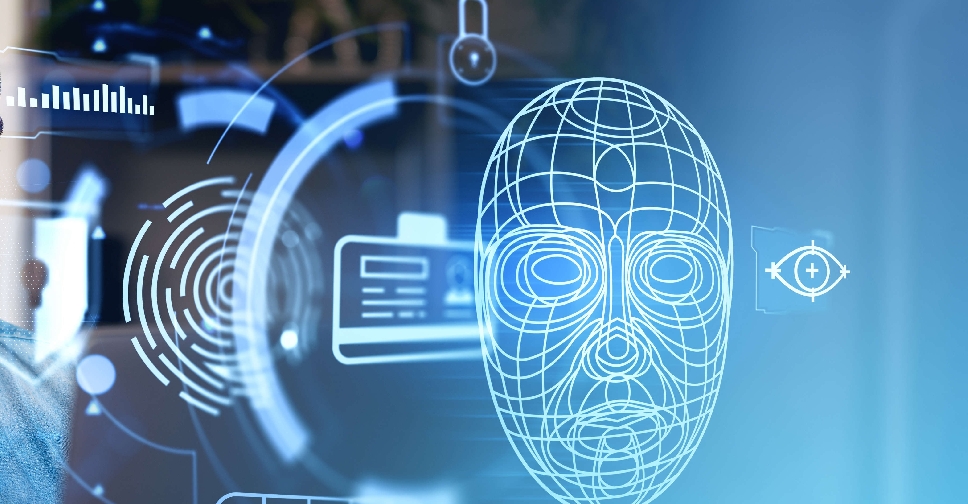 UAE plans facial recognition ID system; no card needed
UAE plans facial recognition ID system; no card needed
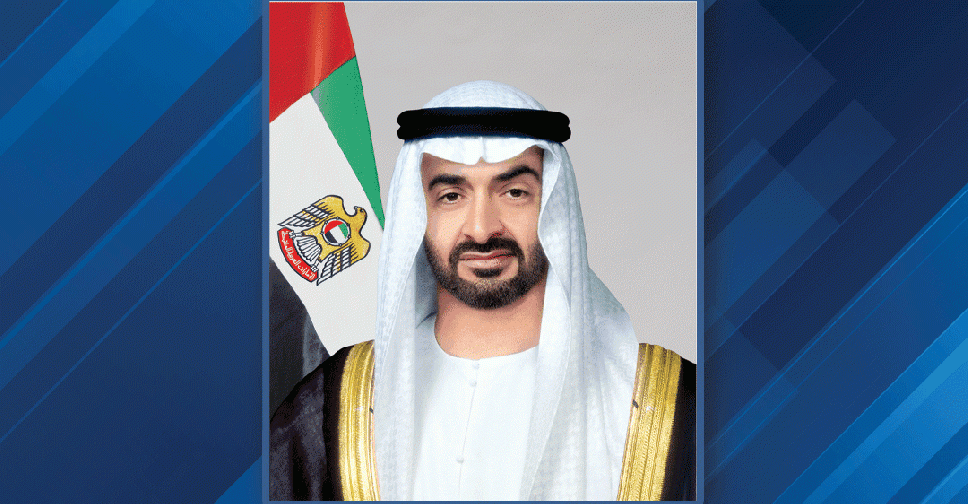 UAE President congratulates Syrian counterpart on Evacuation Day
UAE President congratulates Syrian counterpart on Evacuation Day
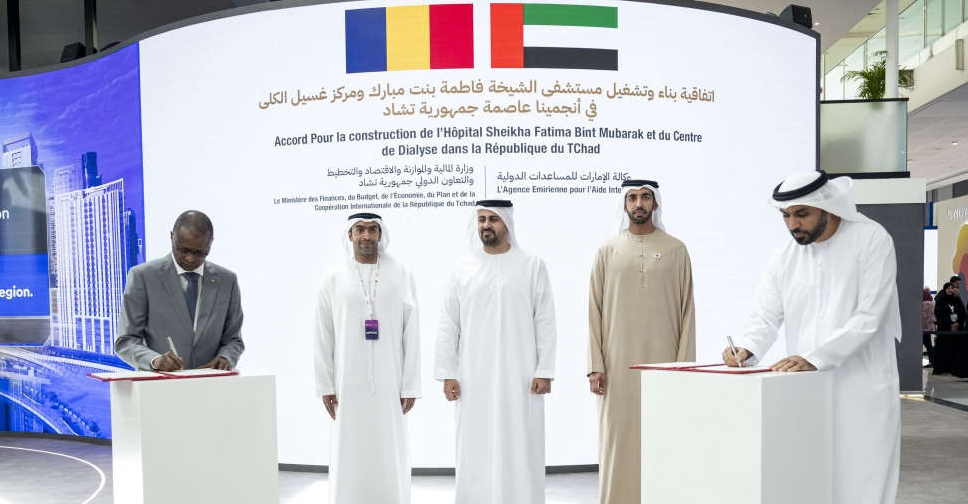 UAE to build hospital and dialysis centre in Chad
UAE to build hospital and dialysis centre in Chad
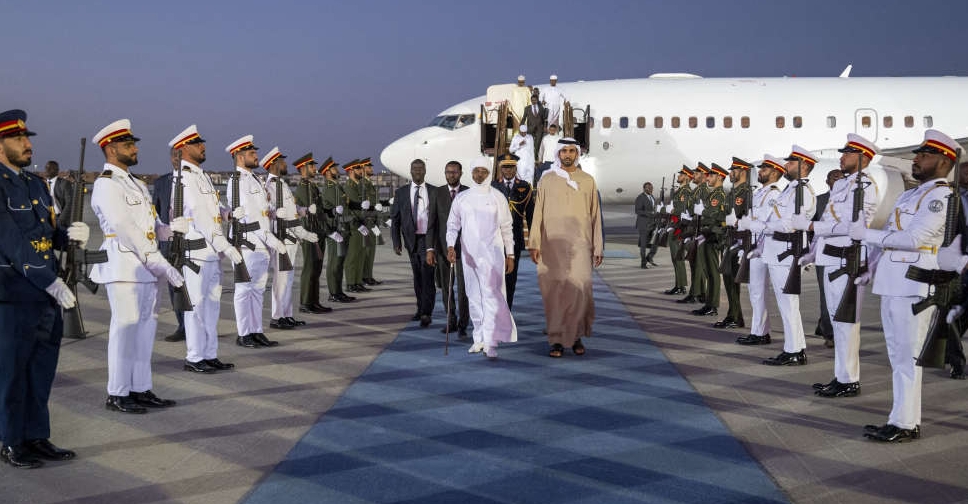 President of Chad arrives in UAE on official visit
President of Chad arrives in UAE on official visit







